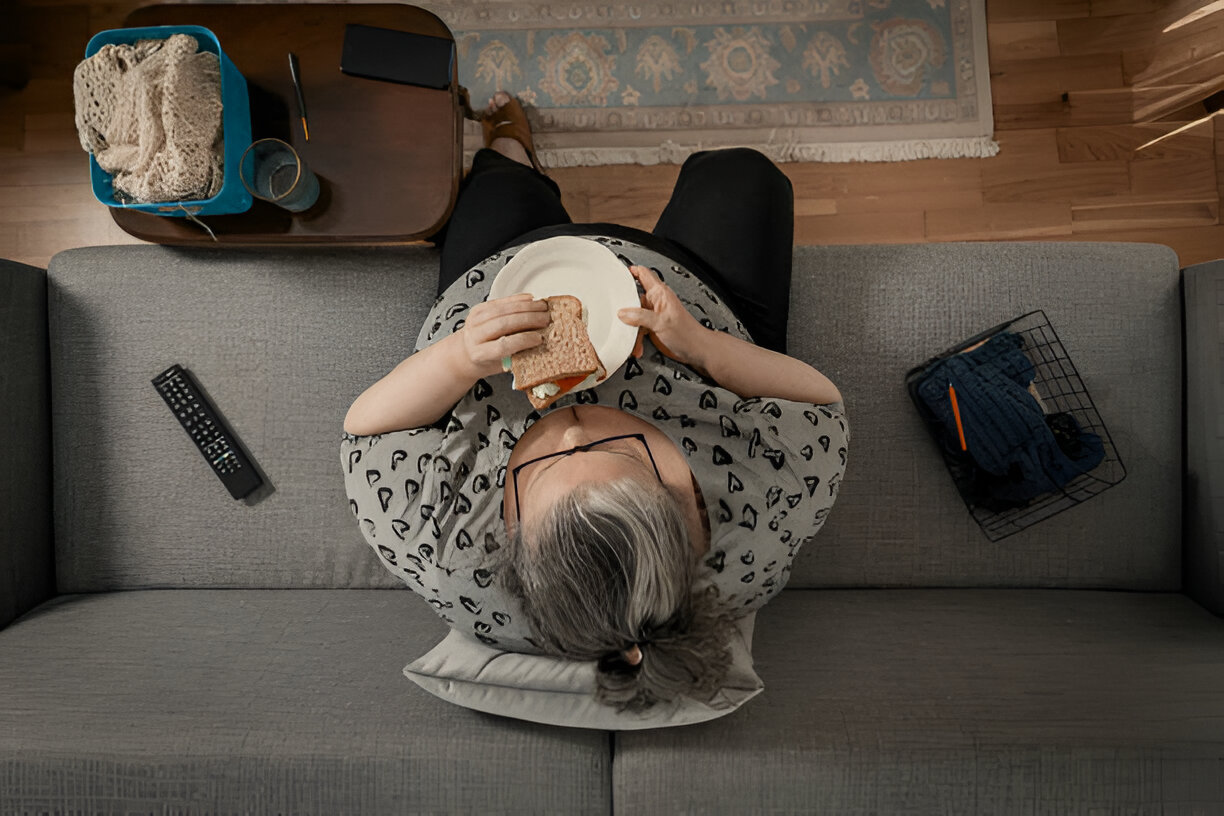

You don't have to be a naturally early riser to enjoy all that the morning has to offer. With the right perspective and a few small adjustments, you can turn your morning into one of the most relaxing and energizing parts of your day.
"The morning has incredible potential," says Alison Novie, senior yoga instructor at Kula Yoga in Manhattan. "I think of the new day as a new year -- a whole new life. If you could modify just a few things about your morning, it would change the way you see your day."
To some degree, you don't have much choice about how you feel when the sun comes up. Not everyone is born a morning person. But that doesn't mean your mornings can't change for the better. It's worth tinkering with your natural inclinations to reap the rich rewards.
Quiet, full of expectation, yet uncluttered by conversation and untouched by the demands of the day, the morning presents an opportunity for you to find joy, peace, and strength -- or at the very least, the chance to ease into the flow so that you aren't thrown into your day headlong and half awake. We've spoken with a renowned sleep expert, a yoga instructor, and a Reiki healer for their insights on everything from getting a good night's sleep to practicing mind/body awareness to incorporating a sense of play early in the day. Their strategies work well together or individually. Find the ones that work for you, and enjoy them in and around your current morning chaos, whether you live alone, with two dogs, or with five kids. By taking the time to stimulate your senses and relax your body and mind, you'll start out calmer, more energized, and better prepared for whatever lies ahead.
Reset Your Natural Alarm
First things first: You'll never enjoy the morning if you don't get a good night's sleep. For some people, that means a solid nine hours of uninterrupted slumber; for others, seven hours of shut-eye will do. Sleep expert James B. Maas, Ph.D., author of
Power Sleep,
notes that eight hours of sleep is the average -- but only an average, not a rigid goal. When you're not getting enough sleep, you're the first to know. Shifting your sleep schedule is possible, says Maas, but it requires commitment. "If you're a night person, and you want or need to become a day person, you can do it, but you have to be serious about it. You can't flip-flop," he advises. Here's how to alter your habits in favor of an earlier (and happier) morning.
Make a gradual shift.
If you find it hard to fall asleep at night, take things slowly when it comes to establishing a new time for bed. Try hitting the hay five minutes earlier each night, and in less than two weeks you will have shifted your bedtime by one hour.
Resist the urge to snooze.
Hitting the snooze bar is an exercise in futility -- and torture. You'll get at best 5 or 10 minutes of fragmented sleep, notes Maas, and may arise feeling groggier than when your alarm first went off. Instead of sneaking in 10 more minutes of sleep, try going to bed 10 minutes earlier instead.
Expose yourself to bright daylight.
This is one of the best and most effective things you can do to wake yourself up, says Maas. By opening the curtains and the windows or getting outside, you cue your brain to repress the production of melatonin, the hormone that regulates sleep. Natural daylight works best, but if you get up before sunrise or simply can't get enough natural light, consider using a sun-mimicking device as an alternative.
Don't lose sleep over exercise.
While you may choose to exercise in the morning, Maas recommends against sacrificing sleep for it. "Never truncate your sleep in order to work out. This puts you at a greater risk of injury," he advises. Only when you have had enough uninterrupted hours of sleep should you think about getting up to exercise.
Be consistent.
"You don't get two biological clocks -- one for weekdays and one for weekends," says Maas. "That means you have to stick by one." Sleeping late on the weekends to compensate for lack of sleep during the week will throw you off, making Monday mornings even worse than they need to be. While keeping a consistent sleep schedule is ideal, it's not always reasonable or practical. Your best bet is to try to keep your schedule fairly regular (that is, getting up and going to bed within an hour or so of your weekday schedule).
Plan your evenings.
How you wind down the day may affect the quality of your sleep -- and therefore the quality of the following morning. For some, eating a chocolate bar, watching a dramatic movie, or arguing right before bed will be enough to derail sleep. Be aware of your particular sensitivities; avoid those things you know will keep you up.
First Published: March 2006





















